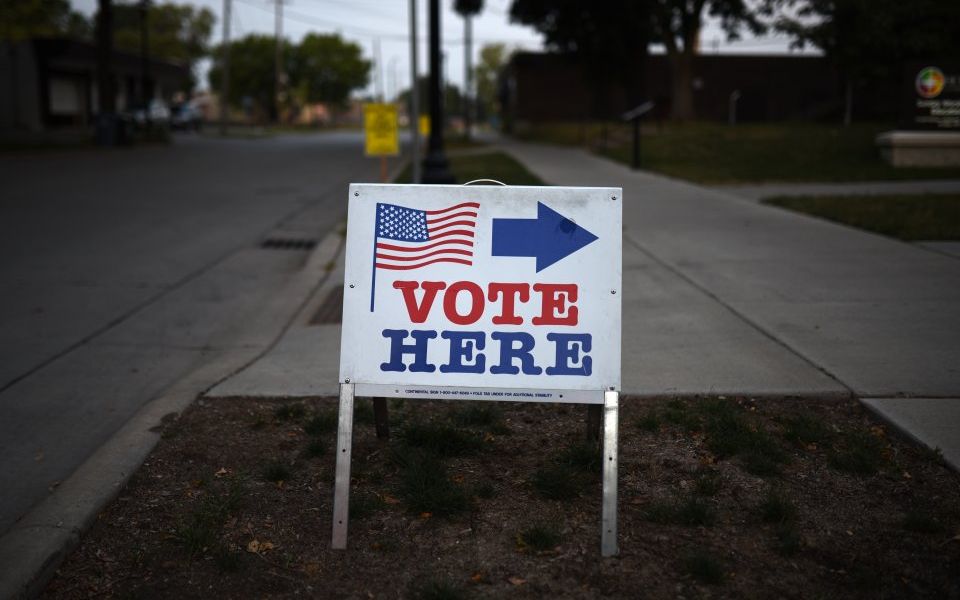Hedgies and pollsters: Let’s keep a level head

In the run-up to the EU referendum Labour’s deputy leader Tom Watson railed against hedge funds that were using private polling to inform their trading positions. “I hope the government will put measures in place to prohibit this avaricious plan by financiers to benefit from information that belongs to every voter,” Watson said at the time.
Today it is the turn of a Conservative, Nicky Morgan, to lash out at polling conducted for hedge funds.
“There is a perverse commercial incentive to provide misleading information to the public, while providing more accurate – and lucrative – analysis to private clients,” the Treasury Select Committee chair said this morning.
Such a conspiracy could take place. However, there are some factors we should bear in mind before getting too carried away.
Read more: Weirdly, Impressionists in London doesn't have enough impressionists in it
Firstly, pollsters depend on their reputations and spend years vying to gain credibility for the accuracy of their work. Knowingly publishing inaccurate information would, commercially, be an exceptionally risky strategy.
And talking of risk, the practice of second-guessing the market by conducting polling is full of pitfalls. In the case of unprecedented referendums it is very difficult for pollsters to find accurate readings, especially with public opinion liable to sharp swings day by day.
Hence most polling firms failed to predict the Leave outcome. They also got it wrong on last year’s hung parliament, and on Trump, and on Cameron’s 2015 majority.
Neither is it simple to predict how markets will react to political events. Take the Leave result. Blue chips initially collapsed, only to sharply rebound. Volatility was the only guarantee.
Too often in this debate the activities of hedgies are presented as an easy win for a privileged few. So why doesn't every big bank or asset manager play the game? For the same reason they don't indulge in other short-term high-risk strategies. For each short-selling hedge celebrating the decline of Carillion, another is nursing their burns from Ocado.
The use of private polling, especially on the referendum day itself, quite reasonably warrants further investigation. But we should resist jumping to any conclusions.